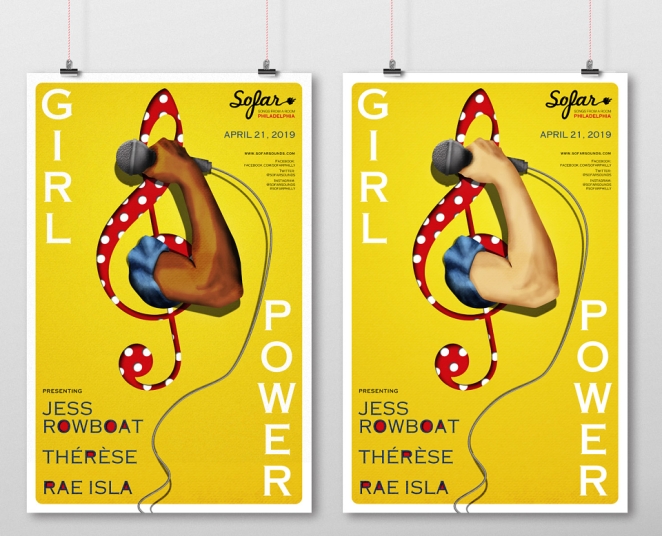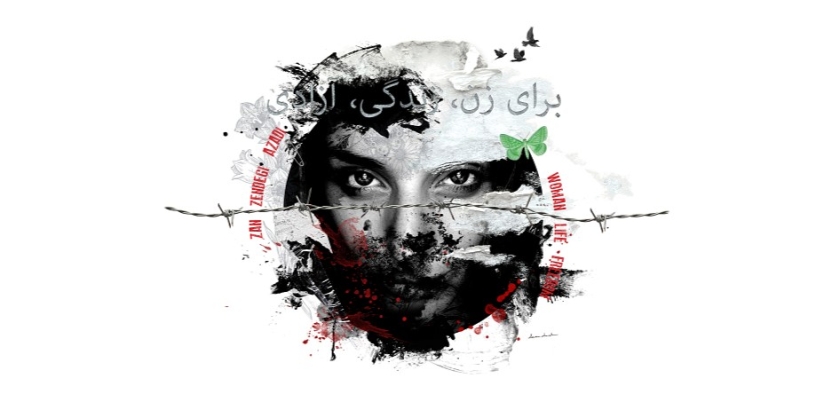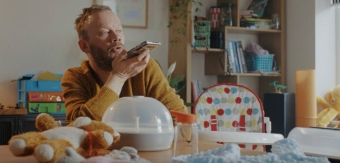Language is a fascinating thing. As the paint we use to colour our discourse, it shapes our perceptions, attitudes, and cultural norms. There’s a power in language that’s been wielded by every politician and playwright under the sun, and it holds a particular power in the marketing world too.
When it comes to referring to females, for example, the choice of words matters significantly. How often, for example, do you see women referred to as “girls” in the marketing space, whereas men are always referred to as “men?”
Why is it “Girl Power” and not “Woman Power?”
The Power of Words
Words carry weight. Consider these headlines:
“Women march for peace”
“Ladies march for peace”
“Girls march for peace”
Each phrase conjures distinct mental images. “Woman” conveys authority, status, and purpose. We don’t see a “girl” running for Congress or receiving the Nobel Prize. The word “lady”, meanwhile, occupies something of a safe middle ground—it’s polite and reassuringly tame. But why do some people prefer it over “woman”?
Look at Sport England’s “This Girl Can” campaign (above); ostensibly a campaign engineered to empower women in their sporting pursuits. Ask yourself, would you look at any of the bold, athletic women featured in that campaign and call them “girls?” It would surely be akin to calling Anthony Joshua a “boy.” It’s obviously well-meaning but it subtly undermines the campaign in a way that even I, as a boilerplate straight white bloke in his 30s, feel a little uncomfortable with.
The Euphemism Effect
The real reason perhaps lies in euphemism. “Lady” serves as a softer alternative to “woman.” It removes sexual, aggressive, and reproductive connotations. How many times have you heard someone be told to “act ladylike” or seen advertising that references menstruation as a “point on a girl’s journey to becoming a woman?”
In the masculine world, men are men and boys are boys but in the feminine world, girls can be just about anything, a concept that’s complicated even further by the (thoroughly necessary) recent rise in transgender representation. With this being the case, there’s so much for marketers to consider when choosing their words. Will middle-aged women feel flattered to be referred to as girls? Or will they feel locked out? And will more progressive Gen Z women find the label patronising? Frankly, the deeper I fall down the rabbit hole, the more puzzled I am as to why this word continues to dominate.
The Unrealized World
Perhaps the preference for “girl,” “lady,” or “gal” often reflects an unconscious desire to define women narrowly, non-threateningly, or diminutively. Society encourages women to remain girls and act like ladies. But let’s not ignore the distinction. We separate the “men” from the “boys,” after all.

Jennifer Prough
Perhaps when we no longer defensively view women in non-threatening terms, our language will evolve. Until then, let’s consider how any why we use certain language in certain situations. “Women” deserve recognition because they are strong, wise, and resilient. So, marketers, choose your words wisely.




